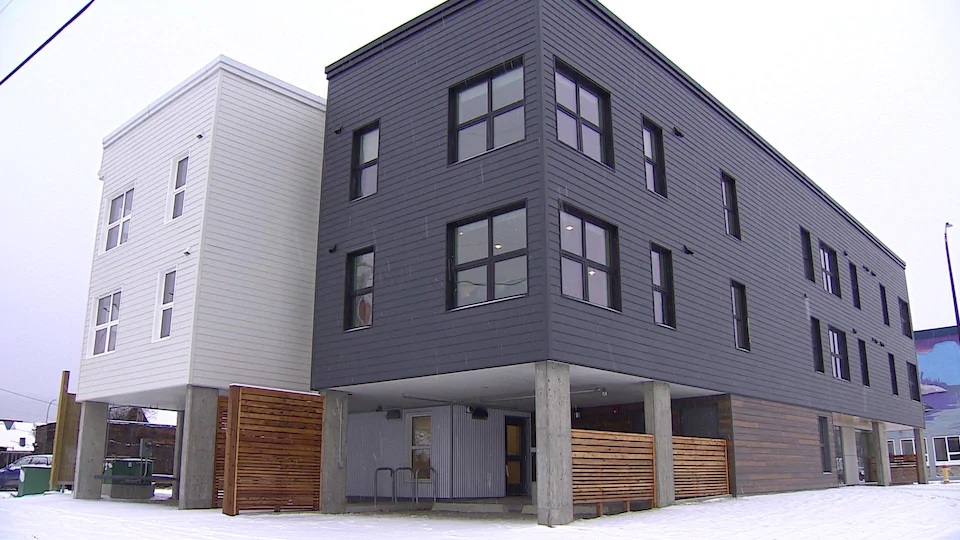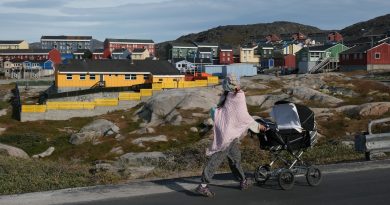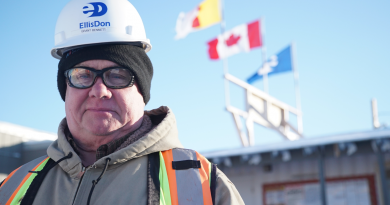Housing facility for homeless opens in Whitehorse, northwestern Canada

A new facility in downtown Whitehorse, Yukon, which will house the city’s most chronically homeless, officially opened Tuesday.
The Yukon government says the 16-unit facility, on the corner of Wood Street and Fifth Avenue, will follow the Housing First philosophy, which separates housing from service requirements.
It is the first facility of its kind in the territory, according to the government.
Housing First means there are no pre-conditions for sobriety or treatment in order to access or maintain housing, although the clients are typically required to accept regular visits from on-site staff.
Christine Tapp, director of the Yukon government’s social supports branch, said a placement committee will select the tenants and work with them to choose their housing.
“It would ultimately be individuals who might have moderate care or support needs who would really benefit from a model where there are staff available to assist them with either crisis management or home maintenance,” Tapp said.
The facility will be staffed 24/7 by front-line staff. Other support staff, including outreach workers and counsellors, will be brought in to work with the clients.

Tapp said hiring is underway and she expects the first clients to move in at the end of the month.
The Yukon government says it will run the facility for the first six or nine months before handing operations over to a non-profit or association.
Kate Mechan, implementation manager for the working group Safe at Home, said this project is not the silver bullet that will end homelessness.
“The need is so much, so much greater, but it’s definitely a start,” she said.
Housing model works, says expert
Wally Czech with the Canadian Alliance to End Homelessness said the Housing First model works when properly implemented.
He said a study of Housing First projects in cities across Canada, called At Home/Chez Soi, showed that the closer the facility adheres to the principles of Housing First, the higher the success rate — 80 to 85 per cent effective in helping people enter housing quickly and maintaining housing long-term.
In addition to removing pre-conditions to housing, Housing First is about giving clients choice and promoting self-sufficiency, said Czech.
“People are given the opportunity just like anybody else … if they are choosing to partake of substances, that’s sort of a personal, individual choice,” he said.
He said the best model is catered to the needs of the individuals.
“That’s one of the great things that makes Housing First so effective is that people are … given supports that are driven by their own needs and wants.”
With files from Christine Genier
Related stories from around the North:
Canada: Housing in Canada’s Nunavut territory: a federal election explainer, CBC News
Finland: No buyers for homes in Finland’s remote areas, Yle News
Norway: Population declining in Arctic Norway, The Independent Barents Observer
Sweden: Abandoned properties a challenge for rural Sweden, Radio Sweden



